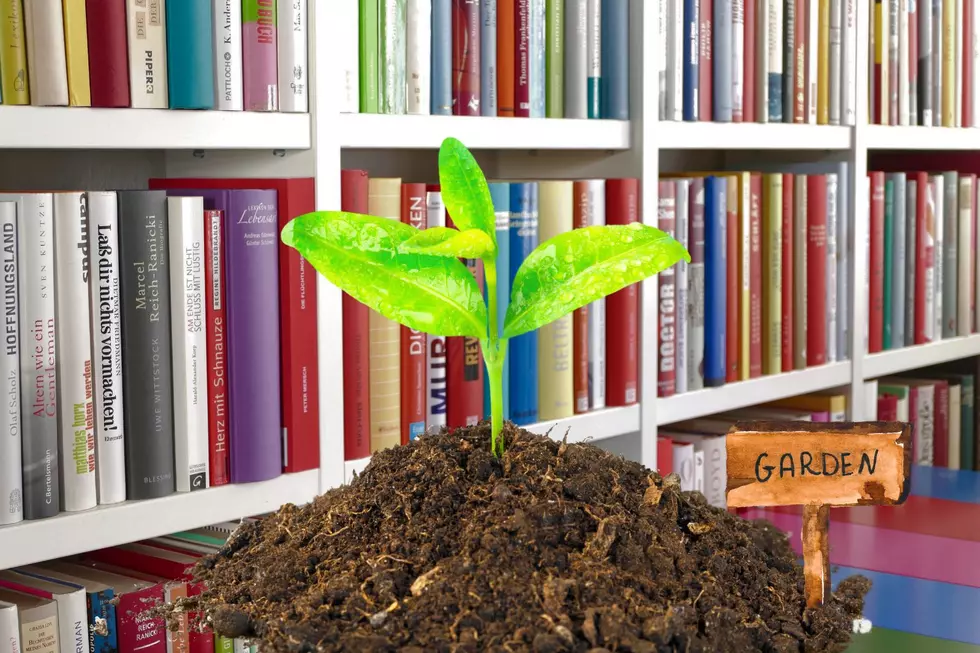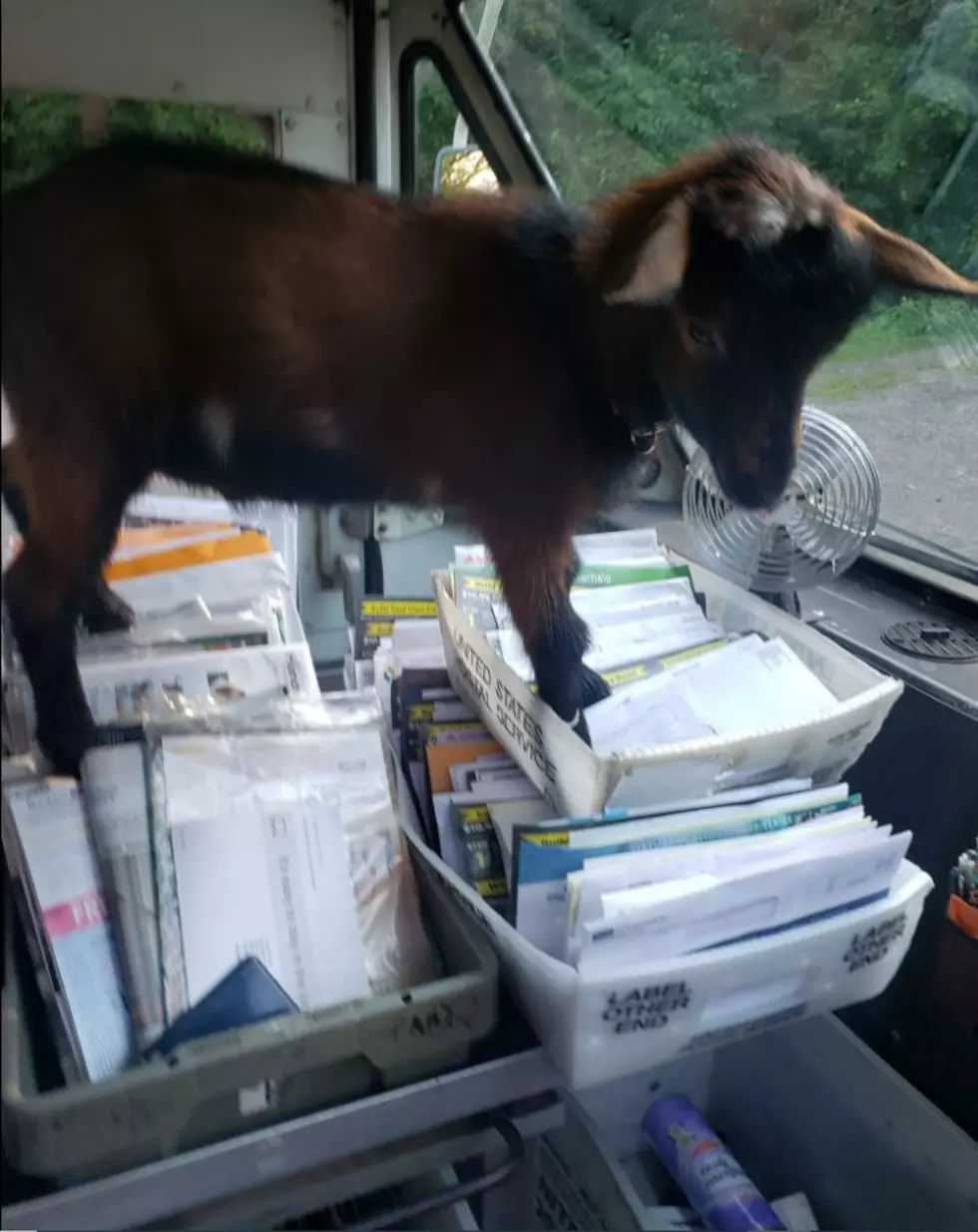
‘The Goat Ate My Homework’ Gets Your Attention.
You read that headline, and it does make you curious. But then you see it's from WMU, and you at least understand where it's going.
Western has carved out quite a niche with goats. (Stop, that's not a set up to a punchline) In fact, it's been, at times, quite divisive. Not Trump vs. Democrats divisive, but still.
No, WMU set a course, BIOS 4970, Biology, Conservation and Management of Natural Features. It's about figuring out better ways to bring distressed plots of land back to their natural state. This is an actually pretty timely issue, because these goats are totally environmentally friendly. But as mentioned above, not everyone is happy about it, because it does put people out of work. Goat out of work, people out of work. You see the quandry.
BIOS 4970 began this fall to test how good an idea it was in restoring land by methods that use humans only, goats only and a combination of humans and goats. "Three distressed sites representing different pre-settlement vegetation types on and around the WMU campus serve as outdoor laboratories where these methods can be studied."
On December 6th, we'll find out if the idea is not baaaaad. (Sorry, it slipped out) Yes, it's a "Biology, Conservation and Management of Natural Features Mini-Conference from 1 to 5 p.m. Wednesday, Dec. 6, in Room D-132 of Floyd Hall on WMU's Parkview campus in Kalamazoo. The conference is free and open to public but registrations are required by Dec. 1. This event could sell out, so sign up early.
BONUS VIDEO
More From WKFR









